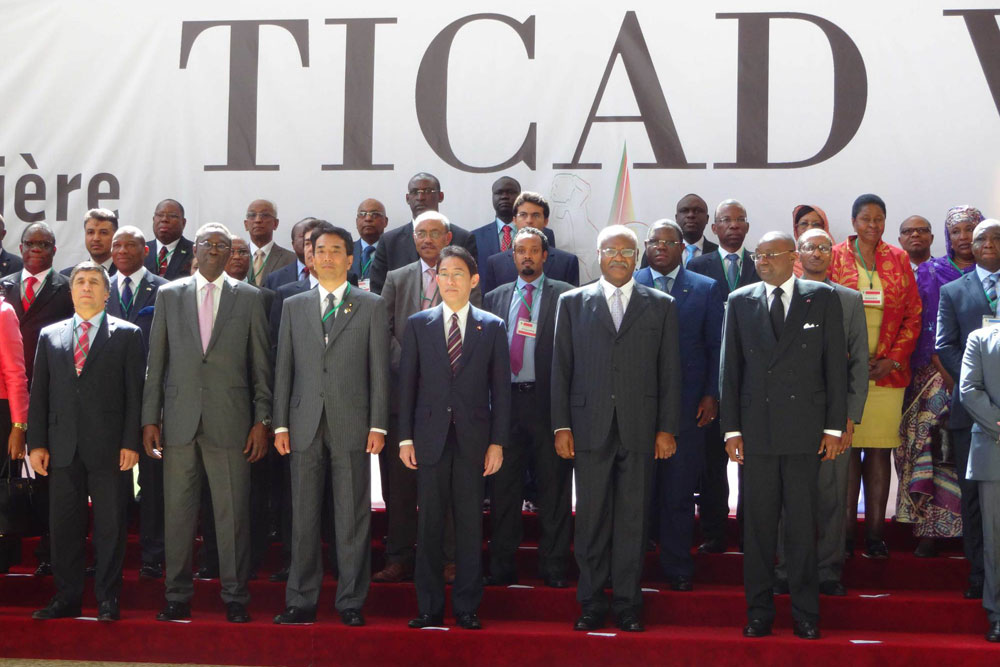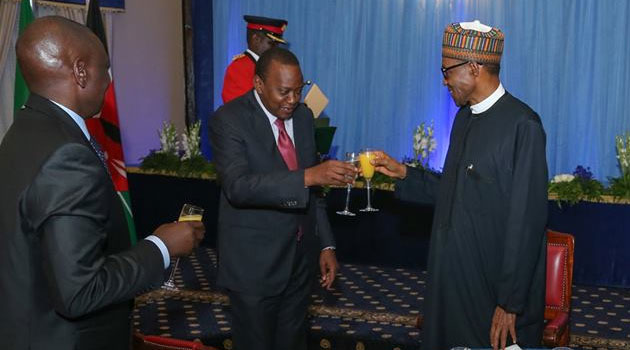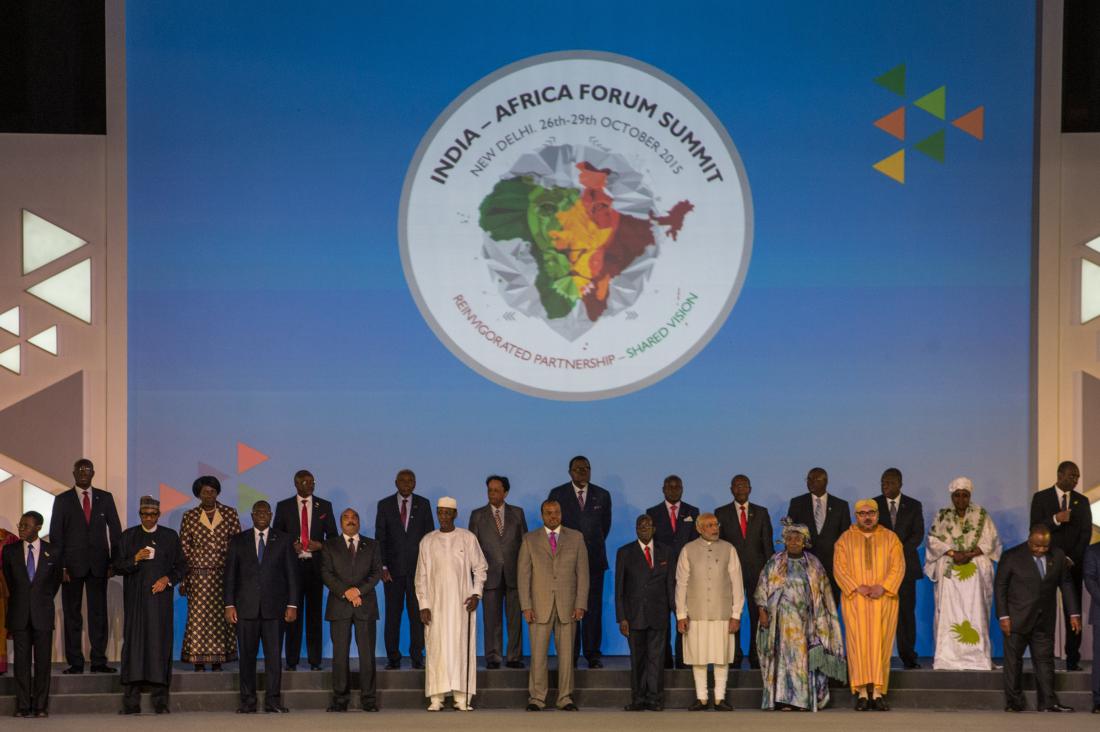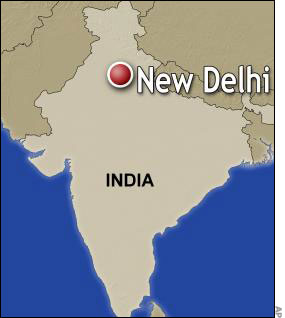 Mr. President:
Mr. President:
Greetings and best wishes!
Now, let’s get to it. Right off the gate, I want to advise you of a few things you are not. First, you are not an intellectual. Stop acting like you are one; you are not. Second, you are not a great communicator, at least not in the medium of English language. Stop pretending like you are a great communicator. To be honest, many people don’t understand a word of English that comes out of your mouth. Third, you are not a charmer. How can you be a charmer when you can’t communicate? So, quit trying.
Now, let me advise you of the many things you are (not a few, as was the case of the things you are not). First, you are a very intelligent man (not to be confused with being an intellectual). You see, intelligence comes naturally; intellectualism comes with learning. It is your intelligence that has kept you afloat where many of your peers have sunk. Second, you are tenacious, almost stubborn. It is this quality that has brought you back from what many had thought was a political sunset. Third, you are (can be) funny. You have a brutal sense of humor (except that your communicative deficiency often gets in the way and neutralizes the zing of your zingers). Fourth, you command an imposing presence, a function of your uncommon height. Your almost 7-footer height sets you shoulder higher than most of your peers. With that height, you would have been a natural charmer, but, alas, you are not a great communicator! Fifth, you have an unquestionable love for your country. You are a patriot, determined to navigate your country back to glory. Sixth, and above all else, you are a man of integrity.
So, you see, Mr. President, you have more positives than negatives. The things you are outnumber, and might even outweigh, the things you are not. The issue now is how might the things you are not be competing with, and possibly undermining, the things you are? How might your not being an intellectual be undermining your intelligence? Is it possible that people are looking for intellectualism where intelligence should be just enough? Is it possible that your communicative deficiency might be blocking and imperiling your quality of humor? With a towering 7-footer height, why can’t you be a charmer? Is it possible that your communication challenge might be having a negative interaction with your physical attractiveness? All these are possibilities, and they are real possibilities. Question now is: what are you doing about them? What are you going to do about them? How many social psychologists do you have working with you? What are the qualifications of your public relations team? Have they pointed these out to you? Do they have the courage to tell you when you embarrass yourself and the nation? Or do they tell you only what you want to hear?
Has anybody on your team pointed out the severity of plagiarism as both a moral and a social offense? Assuming nobody has, let me break it down to you, Mr. President: plagiarism is intellectual theft – Period! When you repeat President Obama’s speech almost word-for-word, without attribution to him, you steal from President Obama. Did you know that plagiarism is considered theft? Of course, you do. Did you intentionally go out of your way to steal President Obama’s speech? Not at all. But you stole President Obama’s speech. You stole President Obama’s speech because you read a speech written for you by some lousy moron, who is just one out of the many morons you have surrounded yourself with. Yes, I call your speechwriter a moron. How can he or she not be a moron who copies President Obama’s speech for you to read barely one month after the whole world was shocked by a similar atrocity when Donald Trump’s wife, Melania, at the Republican National Convention, plagiarized Michelle Obama’s speech?
Now, you must sack that speechwriter, if you have not done that already. But you must not end there. There are too many incompetents and borderline deplorables in your government. I get it; your hands were forced to reward your campaign financiers and party loyalists with governmental appointments. For a nation where party trumps patriotism, such things happen. They have always happened. The problem this time is that you are faced with a dire economic situation that does not leave you enough margin for error. A collapsing and recessing economy is not one that offers the luxury of political settlements, especially when it is too obvious that such settlees are crassly incompetent.
Mr. President, it is now part of your record that you are a plagiarizer. It is a development that you must take very seriously. It must rankle the hell out of you, especially given that somebody created that mess for you. I want you to go crazy over this, so crazy that you must now use this opportunity to clean your house with deliberate thoroughness. If this embarrassment does not move you to meaningful action, then nothing will. And it will be the end of hope for Nigeria under you. Just in case you need to be reminded, Mr. President, the change you promised to deliver is becoming too incremental for comfort. Yes, I get it; change does not happen overnight. But signs of change do. Plagiarizing the speech of an outgoing American president in the second year of yours is not by any means a sign of change.
How many of your ministers can you vouch for their competency? I say almost none; otherwise, how come things are getting progressively worse in every department of government by every indicator? Jobs are not getting created; poverty rate is rising; the national currency is plummeting geometrically; businesses are stymied; unemployment rate is unprecedentedly high; Fulani herdsmen have turned into an armed gang of marauders and murderers; roads continue to be death traps; electricity continues to shine more darkness than light. Yes, you have been in office for only one year, but there are no signs that things are about to, or will, change. And it is not because you do not have good and great intentions for change. It is because you have surrounded yourself with 20th century men for 21st century challenges. You have appointed men and women who were socialized on the Earth being round. You have as ministers and advisers men and women who should be ministered to and advised. Here is a trick, Mr. President: you should not have as advisers people whom you are smarter than they are. Unfortunately, you are smarter than many of the men and women you have surrounded yourself with.
It is time to clean house, Mr. President!
When you clean house, things change. Get rid of all the men and women whose only qualification for service in your government is their contribution to your presidential campaign. They are not doing you any good; certainly, they are doing the nation and its people a great disservice. Get rid of them – all of them! Look for young Nigerians with digital brains and 21st century minds. They are all over the world, making great and phenomenal contributions in their countries of sojourn. Go and bring them to help you move Nigeria forward. The dinosaurs you have surrounded yourself with will continue to run that great nation aground.
When you clean house, you will bring in someone who understands your shortcomings and knows how to manage them. Look, I am dead-serious about your communicative deficiency. Let me be blunt for emphasis: it sucks! But it does not create a hopeless conundrum for either you or the nation. Not at all. All that is needed is for someone to manage you well. Managed properly, you should only speak when, and only when, it is unavoidably necessary. A major part of the derision and disrespect, which many Nigerians have for you, derives from your barely understandable spoken English language skill. But you are not required to be Brian Williams. You are the president of Nigeria, not an anchor on BBC.
The presidency of Nigeria requires that you roll up your sleeves and work from behind the glares of the camera, getting things done. It is not showbiz. This does not mean that you can no longer communicate with your countrymen and women. No, it means that you now engage in strategic communication, utilizing modern tools that save you from the camera, yet get your message out. Some presidents acquire the toga of intellectualism when they write opinion editorials (op-eds) in newspapers and magazines. You see, the writing does not have to be yours – presidents should be too busy to write. That’s why you have speech writers. They should know where your opinion on an issue lies; script together an opinion piece for your vetting and eventual publication. When you recede from public media space; publish occasional op-eds; yet, get the work of the nation on the upswing, you create for yourself an image of mystery. Every leader needs a dose of mystery about them. In your own case, it could come by way of public and media scarcity. Let Nigerians look for and long to hear from you at the same time the wheel of the nation is making a progressive turn.
Do you have a tweeter account, Mr. President? No? Get one. Have a team of PR practitioners manage your tweeter account on your behalf. If President Obama tweets something you like, your tweeter account managers can retweet Obama’s message on your behalf, rather than plagiarizing the same message. This is the 21st century, Mr. President. It is a digital world. Many of the things you grew up with have become too analog already. You must now retool and upgrade. And you don’t have to do it yourself; you do it with the right team of 21st century compatible ministers and advisers.
Mr. President, I wish you well. I will continue to pray for your success. Nigeria is a difficult project. I get that. What I don’t get is surrounding yourself with morons and incompetents who continue to run the country to the ground and subject you to national and international ridicule. You must get rid of them immediately! This plagiarism scandal is a blessing disguised as a blemish. It offers you the opportunity to be angry at everyone. It gives you an exit ramp on a party highway that seemed like a bridge to nowhere and a dead-end at the same time. You must grab that opportunity and re-staff your government with the right caliber of minds in a 21st century world. When you do that, I will come back to see where the quality of decisiveness falls on your leadership profile ledger. Is it something you have or don’t have? It remains to be seen.
Good luck, Sir, and God’s blessing +
Vitus Ozoke (Odenigbo)
09-18-2016/Maryland, USA.
 Jos (Nigeria) — A non governmental organisation, aimed at empowering women with disabilities through access to education, quality health care and skill acquisition have conducted a training on catering, tailoring, soap making and beads making among others, to 100 people from its target group.
Jos (Nigeria) — A non governmental organisation, aimed at empowering women with disabilities through access to education, quality health care and skill acquisition have conducted a training on catering, tailoring, soap making and beads making among others, to 100 people from its target group.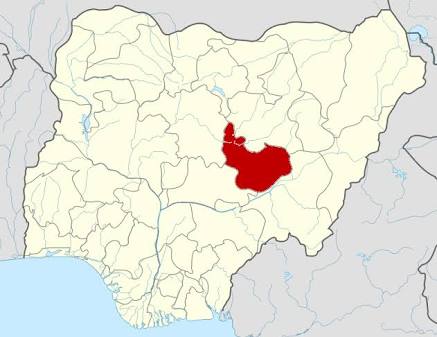

 Despite the clear potential to boost rice production at the regional level in Africa, most countries on the Continent continue to rely heavily on imports for meeting their rice consumption needs, costing the Continent $5 billion annually.
Despite the clear potential to boost rice production at the regional level in Africa, most countries on the Continent continue to rely heavily on imports for meeting their rice consumption needs, costing the Continent $5 billion annually.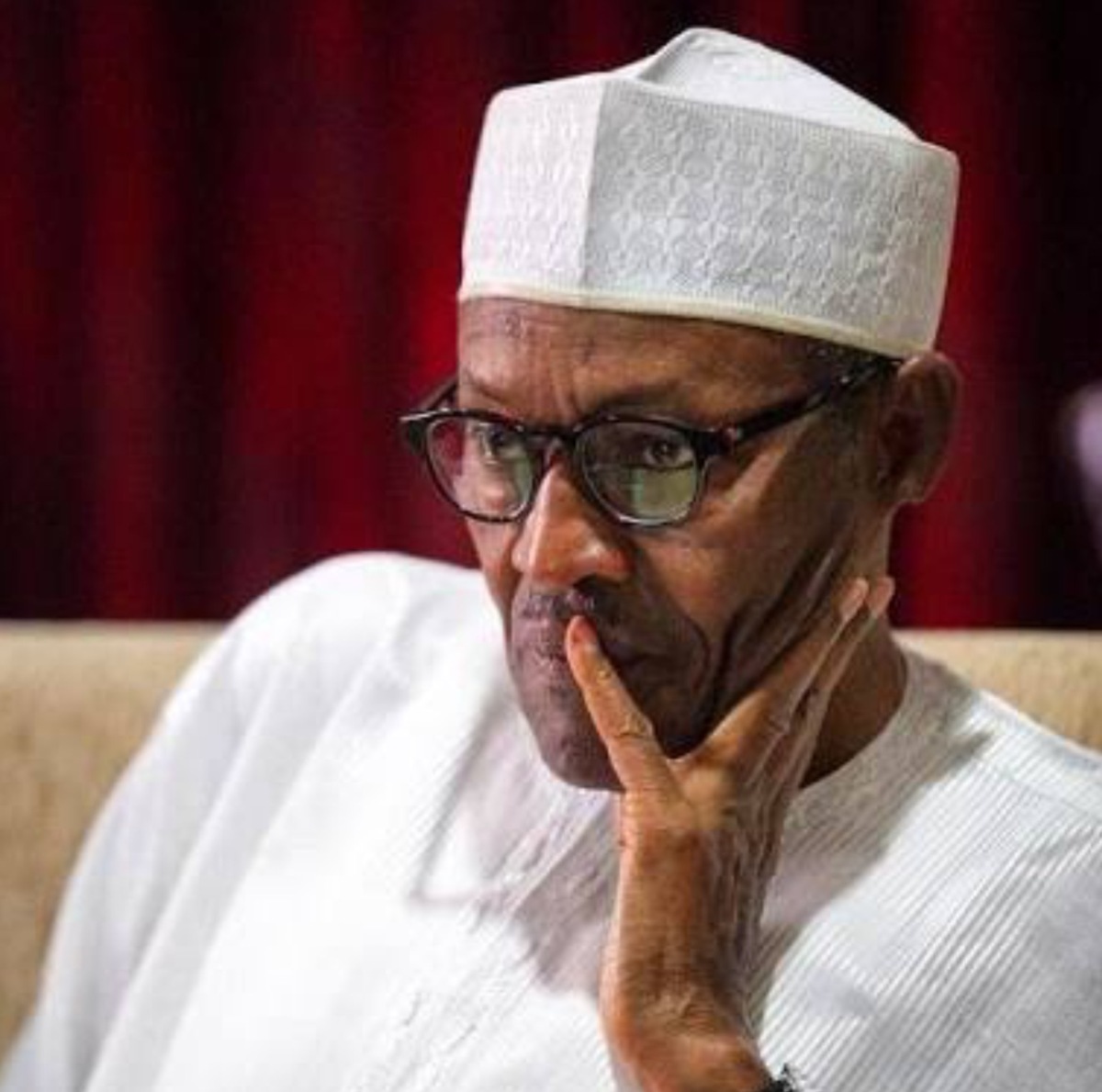
 Mr. President:
Mr. President:

